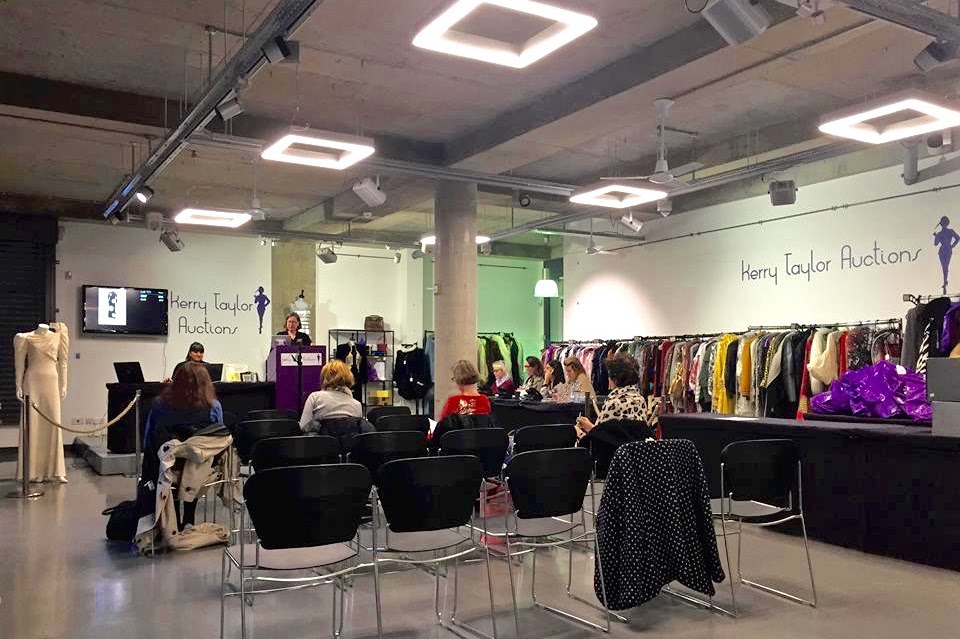Ever since I moved into my first university dorm room in 2014, I aimed to create the perfect pinboard. I wish I could have had the artistic freedom of Tezza, whose beautiful wall, covered to the ceiling with magazine scraps, polaroids and doodles, is the ultimate forms of inspiration. I however, was limited within the boundaries of my (thankfully rather large) pinboard. Yet, despite these constraints, I was able to create a collage that is both personal and eye-catching.
In every dormitory I inhabited my pinboard changed styles and content, fortunately, I am happy to say that my current one is my favourite! Over time, through trial and error, I have learned what works, what looks good and what to avoid. Below I list some tips and advice on how to construct that enviable pinboard - but remember, most importantly, it has to be unique to YOU.
1. To give your composition harmony create a gradient of colours. Do you see how in the top left corner of the pinboard there is a focus on warmer, yellow tones? These are then echoed in the yellow profile of the woman in the March 1934 Harper's Bazaar cover illustration poster, as well as in the yellow slogan-postcard on the bottom. You can also see these tones referenced in the opposite corner in the sepia toned photograph of my grandmother. A similar thing can be said about the colour green, which is prevalent in the central vertical line of the composition and then also seen on the left side in the other Harper's Bazaar cover illustration poster from February, 1929.
2. Use washi tape - it's cute ;)
3. Include a mix of types of photographs and illustrations. High-fashion magazine editorials, museum postcards of paintings, slogan postcards (the two I added are both from Paperchase), vintage magazine cover illustrations, personal family archives, Photo Booth pictures, polaroids, theatre or cinema tickets and images of favourite entertainers are all great things to include.
4. Think about texture. Is your image printed, developed from film, drawn, cut out or even ripped from a magazine? All of this adds interesting variety to your pinboard composition. Notice how the vintage 1940s photograph above stands out compared to the the early 2000s photograph below it. And the two also look different from the 1990s flash-lit image even lower. The same is the case with the trio of images from the Photo Booth and the tiny black and white image of Gabrielle Chanel, which was cut out from a recent issue of Harper's Bazaar.
5. Edges and framing. I already mentioned ripping vs. cutting images from magazines or simply from printed pieces of paper. But this little detail can significantly add to the aesthetic appeal of pinboards and collages. Above you can see how the slightly tattered edges of a few vintage photographs create a subtle change in style compared to the scalloped edges and thin white frame of the even older ones. Similarly, the Vincent van Gogh Starry Night postcard is framed with the painting in the centre, leaving a wide frame around it. The same is the case with the portrait by Allan Ramsay, however here the frame resembles a polaroid, which is another intriguing element.
6. Do not always use images. Sometimes you may end up with a bare narrow space with no image that will fit the blank spot. In such cases I suggest opting for patterns. Below you can see how I filled two spaces with a yellow floral print - it was actually part of a billowing dress photographed in a fashion editorial! It is these tiny detail that give your pinboard that "organised chaos" kind of feel.
Pinboards are an expression of yourself. Especially at school or at university, when new friends will probably often knock on your door, your unique pinboard will be able to do all the talking (although I do advise you do some yourself too) and offer insight into the kind of person you are, what interests you have, what you find beautiful, what you stand for, what your family is like, your values, and the experiences you have gained. They can take a while to make, because gathering content that truly expresses your vision and sorting through family photo archives is not an easy feat. Remember to enjoy the process though, because you will be looking a this masterpiece for a good while and nobody wants to reminisce about frustrating times or question hasty choices. Have fun and good luck with your creations!
Below are some examples of the collages Tezza created which, as I mentioned at the beginning, made me fall in love with this form of self-expression! Take a look, which ones do you like most?








Post a Comment